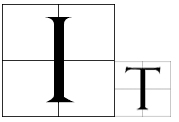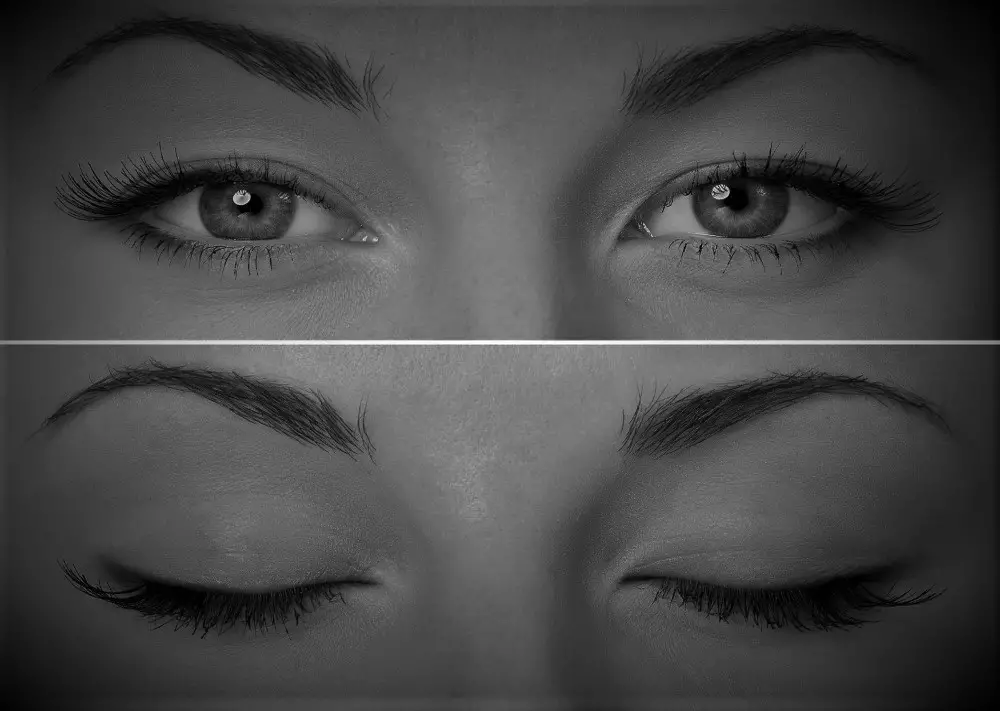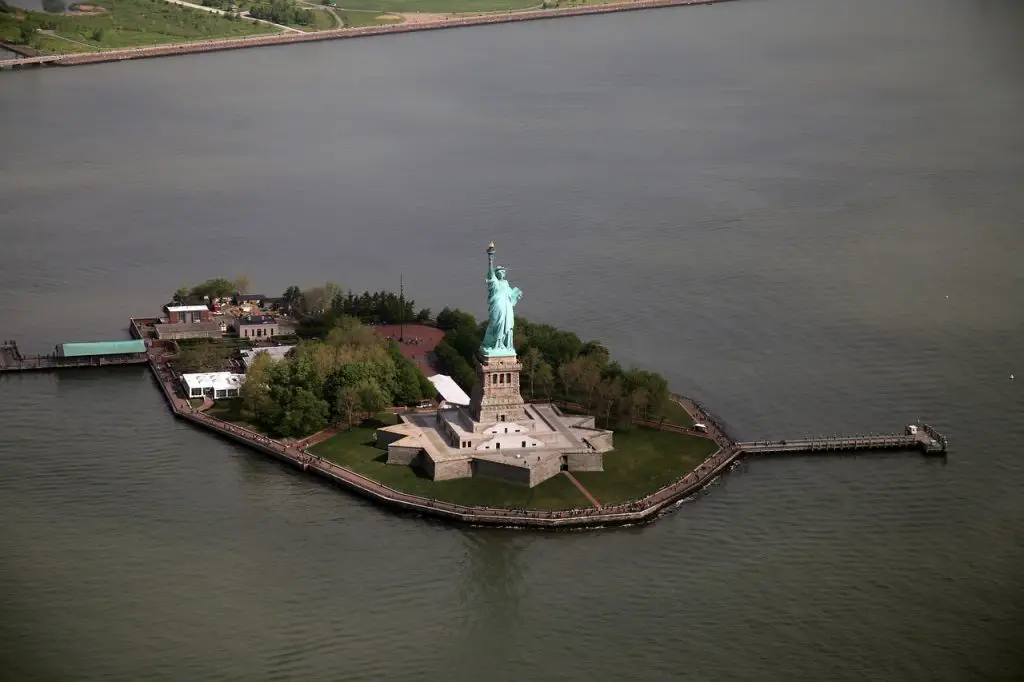 seems strange to say the least that someone would consider Blinking ( what is considered to be a natural reflex) to have been invented by someone. The “history” of blinking is very controversial as most people believe it to be a hoax. There are many different theories about the idea of blinking being invented and that people did not blink beforehand. Most of these theories are busted by the idea that as children we are not being taught how to blink. However, there is much more to the controversy than this, and man does it get strange.
seems strange to say the least that someone would consider Blinking ( what is considered to be a natural reflex) to have been invented by someone. The “history” of blinking is very controversial as most people believe it to be a hoax. There are many different theories about the idea of blinking being invented and that people did not blink beforehand. Most of these theories are busted by the idea that as children we are not being taught how to blink. However, there is much more to the controversy than this, and man does it get strange.
What Science Says about Blinking
Linking is a natural reaction that is controlled by the neural system; it was not created by a person. Blinking is a complicated process in which the brain delivers a signal to the muscles surrounding the eye, causing the eyelid to close fast and then reopen.
Blinking provides various critical tasks, including lubricating the eye, protecting it from dust and other particles, and allowing the eye to react to variations in light. It also provides a brief respite from visual stimuli, which can aid in the reduction of eye strain and weariness.
Blinking is something that all humans and other creatures with eyes do naturally and subconsciously. It is not anything made up or invented.
The “History” of Blinking
There is a big hoax going around the internet saying that a guy named Richard Blink actually invented Blinking in 1638. That means that no one before 1638 knew how to blink. If you ask Google or any other search engine “Who invented blinking” you are very likely to get this answer and to the surprise of humanity, many people believe it.
One way to easily debunk this hoax is the mention of blinking in many historical texts before 1638. There is even mention of blinking in texts that date back before biblical times.
Walker Overend described the blinking reflex in 1896, according to a 2008 study published in the journal European Neurology.
“Historically, it was described by Overend in 1896 and soon afterwards by McCarthy and by Bekhterev who disputed its origins.“
Walker Overend
We are not done yet, there are plenty of fish in the vast internet when it comes to the origin of blinking and I am astonished to see that some of them even come up in “reputable” websites.
Dictionary.com announces boldly that blinking as a term was invented in the mid-1200s. I don’t believe Richard Blink was even born at the time, therefore I’m suspicious.
Here is how Dictionary.com describes the invention of blinking:
The first records of the term blink come from the mid-1200s. It comes from the Middle English blenken, meaning “to quail, shrink back, or flinch.” Humans unconsciously blink their eyes a lot without realizing — up to 20 times a minute! Perhaps that frequency is why we have so many senses of the word blink.
A more modern theory that tries to explain the invention of blinking is a man who holds the world record of not blinking for one hour, five minutes, and 11 seconds. Some may say it is humanly impossible to not blink for that long, well according to some sources we did not even use to blink. The idea is that if a person can go so long without blinking, then it must have been possible some time ago for humans to have not blinked at all.
All things aside, it is important to understand that people love to create stories just to get attention. Blinking is a natural reflex of the body, just like many others which occur through stimuli. We usually blink more when our eyes get tired. In the same way, we yawn when we are tired, which is another natural stimulus.
Avid Writer with invaluable knowledge of Humanity!
Upcoming historian with over 30 million views online.
“You make your own life.”





